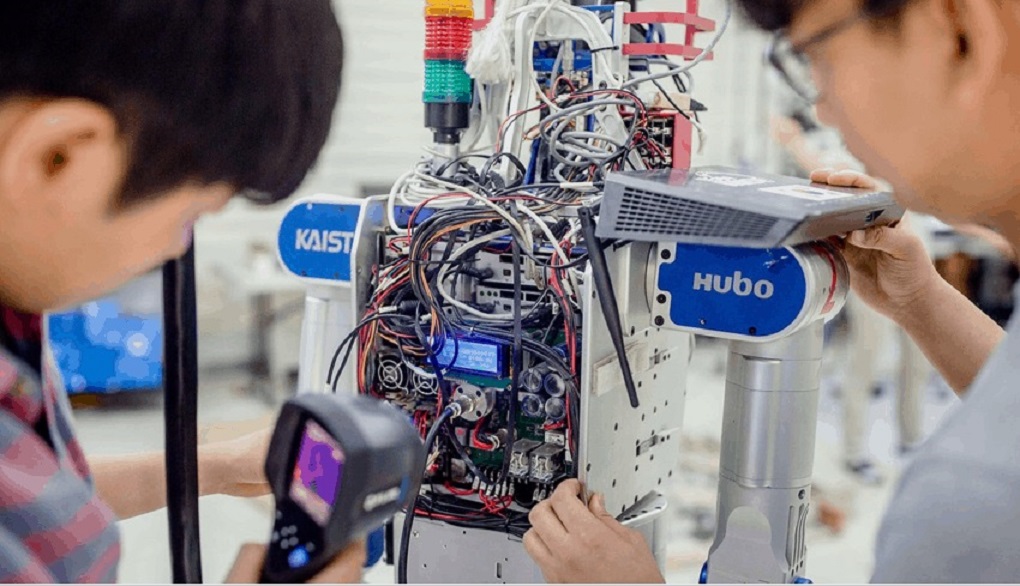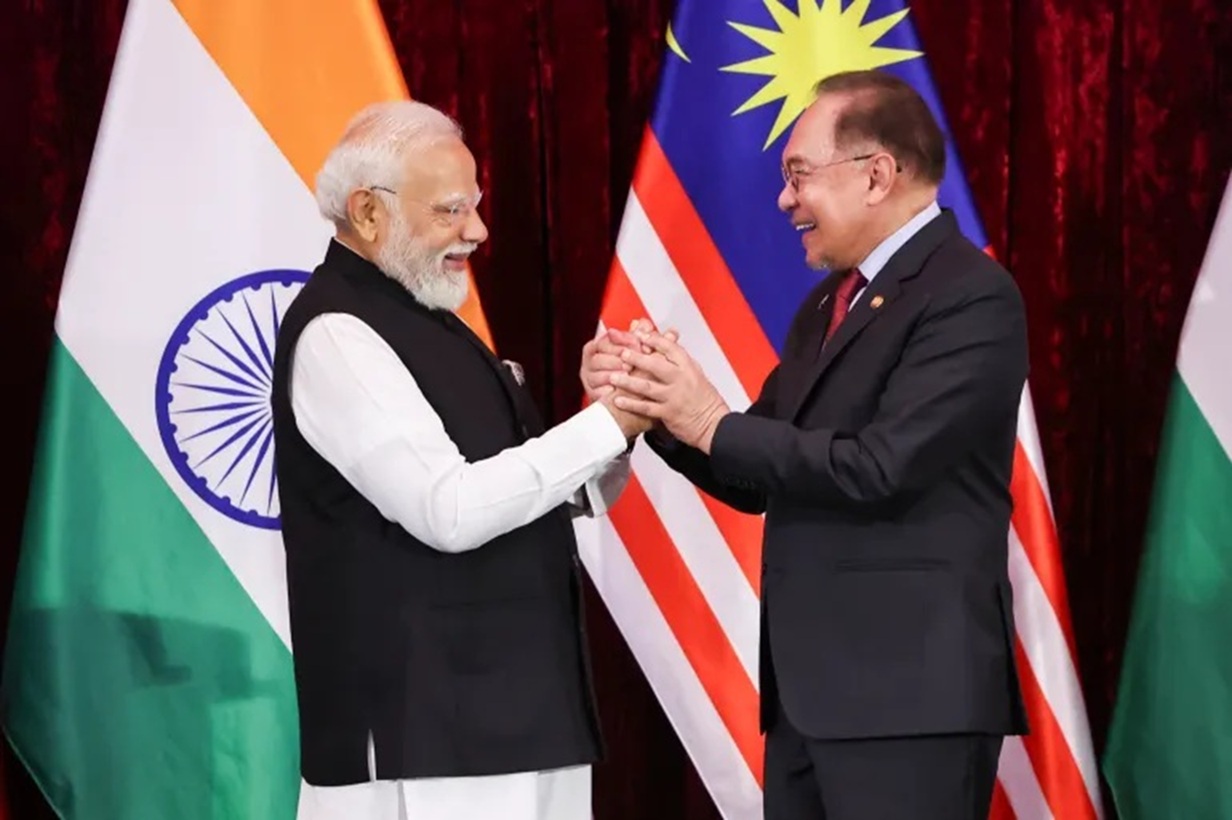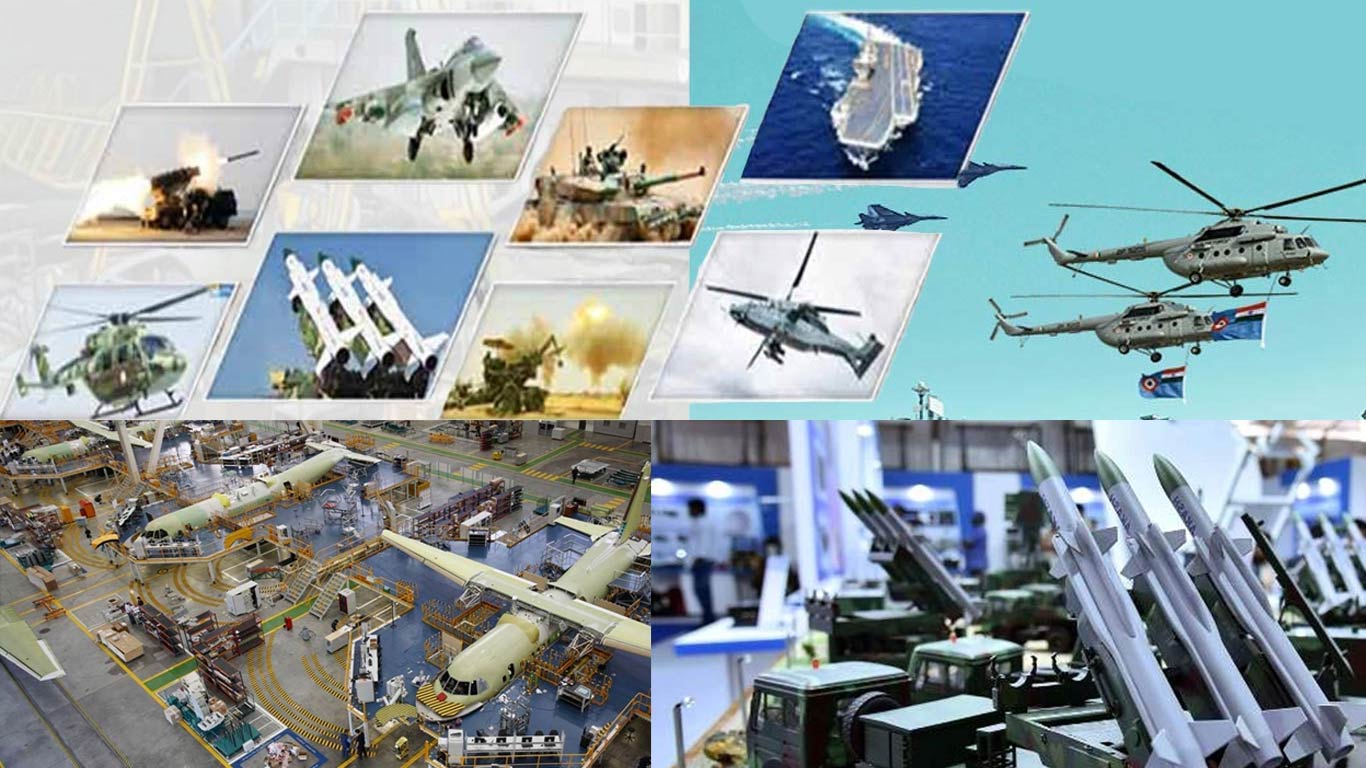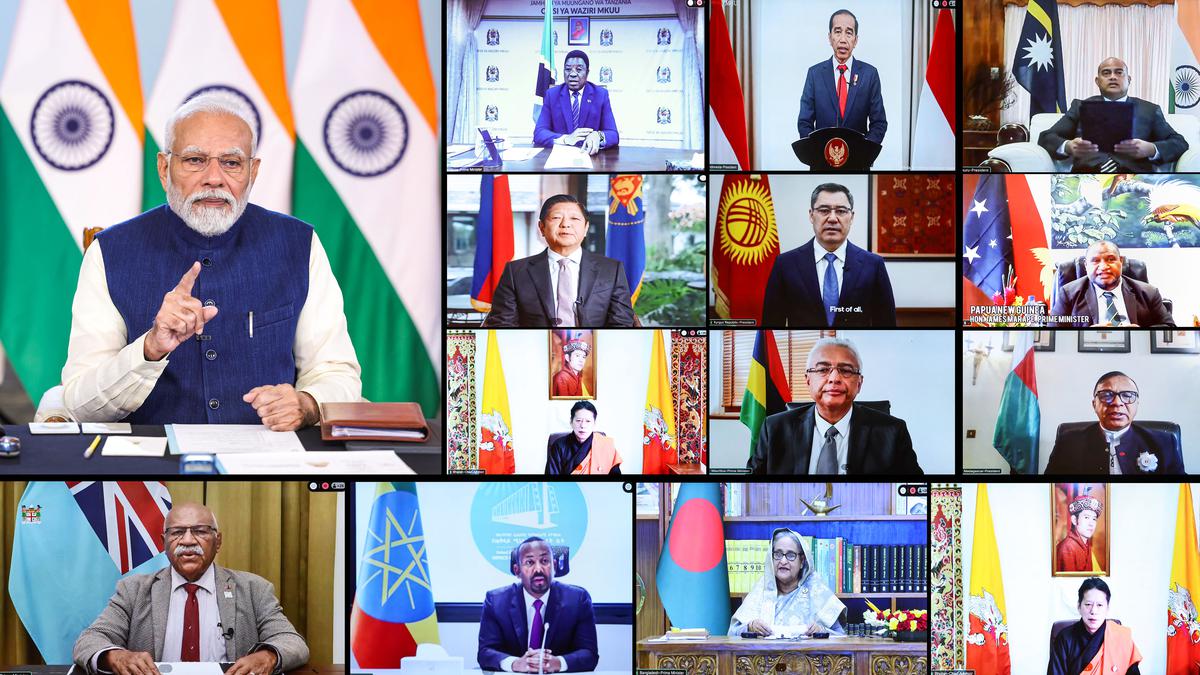South Korea is enhancing its AI capabilities and is ambitious to place itself as a leading contender in AI technology and associated research. The South Korean artificial intelligence market size reached a value of more than USD 883.00 million in 2022.
South Korea has rapidly established itself as a prominent global leader in artificial intelligence (AI), leveraging its technological solid foundation, substantial investments, and active international collaboration. This article explores South Korea’s efforts to strengthen its international cooperation in AI research and discusses the potential competitive advantages that arise from these collaborations. With a favourable AI ecosystem encompassing advanced research institutions and significant government funding, South Korea actively engages in strategic partnerships and alliances with renowned global AI players. These collaborations facilitate knowledge exchange, joint research initiatives, and cross-training programs, empowering Korean researchers with access to international expertise, resources, and data. South Korea’s participation in international initiatives, such as the OECD and the Global Alliance on Artificial Intelligence (GAIA), further reinforces its commitment to shaping global standards and regulations for AI. The benefits of international cooperation extend to accessing the latest technological advancements, contributing to policy formulation, and enabling Korean companies to expand into global markets. By embracing international collaboration, South Korea secures its position as an AI leader, driving innovation and contributing to the future of this transformative technology.
Artificial intelligence (AI) is now considered a strategic technology for economic development and global competitiveness. South Korea has rapidly positioned itself as a global leader in AI by combining a strong technological foundation, significant investments, and close international collaboration.
AI Ecosystem
South Korea has created a dynamic and innovation-friendly ecosystem in the field of AI. The country has several research and development hubs, such as the Korean Institute for Artificial Intelligence (KIAI) and the Korea Advanced Institute of Science and Technology (KAIST), which attract world-renowned researchers and scientists. These institutions offer state-of-the-art infrastructure, resources, and advanced training programs to support AI research.
Moreover, the Korean government has made massive investments in AI research, with annual funding exceeding $2 billion. These investments have supported the creation of AI-focused startups, fostering innovation and the growth of the AI ecosystem in South Korea.
International Collaboration
South Korea recognizes the importance of international cooperation in accelerating progress in AI. The country has established strategic partnerships with other key AI players, such as the United States, Japan, and the European Union. These partnerships result in knowledge exchange, joint research collaborations, and cross-training programs.
For example, KIAI has signed cooperation agreements with renowned research institutes, such as the Massachusetts Institute of Technology (MIT) in the United States and the University of Tokyo in Japan, to promote collaborative research and results sharing. These collaborations enable Korean researchers to access high-quality international resources, expertise, and data, thereby enhancing their capacity to conduct cutting-edge AI research.
Furthermore, South Korea actively participates in international initiatives in the field of AI. The country is a member of the Organisation for Economic Co-operation and Development (OECD) and engages in the work of its AI Task Force. South Korea also engages in multilateral collaborations, such as the Global Alliance on Artificial Intelligence (GAIA), which brings together countries and international organizations to discuss ethical, economic, and social issues related to AI.
Future Advantages for Korea
International cooperation in AI research provides several future advantages for South Korea. Firstly, the country can access the latest technological advancements and global best practices. By collaborating with international partners, South Korea can benefit from knowledge transfer and regular updates to its technical skills. This strengthens the country’s position as an AI leader and provides a competitive advantage in developing new AI-based applications and solutions.
Moreover, international cooperation promotes the creation of common standards and regulations in the field of AI. By working with other countries, South Korea can contribute to shaping policies and ethical frameworks surrounding the global use of AI. This ensures that technological developments adhere to high standards of data protection, transparency, and accountability.
Lastly, international cooperation facilitates the expansion of Korean companies into global markets. By collaborating with international partners, Korean enterprises can access new distribution networks, additional resources, and co-innovation opportunities. This stimulates the country’s economic growth and enhances its competitiveness on the global stage.
South Korea has adopted a proactive approach to international cooperation in AI research, providing a competitive advantage in the global AI landscape. By strengthening its collaboration with other key AI players, South Korea can benefit from knowledge transfer, adherence to global standards, and increased business expansion. In a future where AI will play an increasingly crucial role, international cooperation will enable South Korea to remain at the forefront of innovation and contribute to shaping the future of this promising technology.
Title image courtesy: https://www.analyticsinsight.net/
Disclaimer: The views and opinions expressed by the author do not necessarily reflect the views of the Government of India and Defence Research and Studies.
References:
Lee, J. (2021). Artificial Intelligence and the Future of South Korea. Asian Journal of Political Science, 29(2), 155-177.
Ministry of Science and ICT. (2022). The Fourth Industrial Revolution in Korea. Retrieved from https://www.msit.go.kr/web/msipContents/contents.do?mId=MTI0
Organisation for Economic Co-operation and Development (OECD). (2022). OECD work on artificial intelligence. Retrieved from https://www.oecd.org/going-digital/ai
Lee, D. (2022). South Korea’s AI Policy: Global Leadership through International Cooperation. International Journal of Public Administration, 45(12), 1126-1141.
Global AI Ethics Consortium. (2023). Alliance on artificial intelligence launched in Seoul. Retrieved from https://www.gaiaconsortium.org/news/alliance-on-artificial-intelligence-launched-in-seoul







